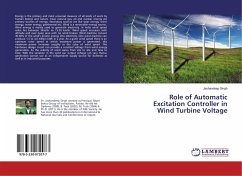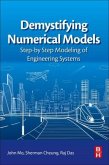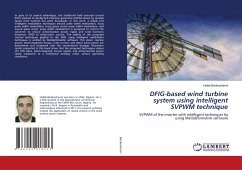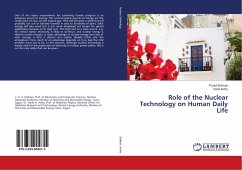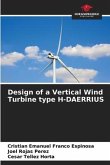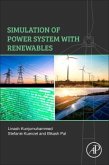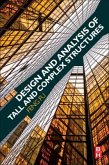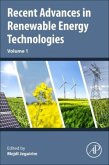Energy is the primary and most universal measure of all kinds of work by human beings and nature. Coal, natural gas, oil and nuclear energy are primary sources of energy. Secondary sources are like solar energy, wind energy, water energy, geothermal etc. Wind is a renewable energy source, Wind energy is mainly used to generate electricity. In India wind speed value lies between 5Km/hr to 15-20 km/hr. Wind speed increases with altitude and over open area with no wind brakes. Wind machine convert 30-40% of the wind's kinetic energy into electricity. One wind machine can produce 1.5 to 4.0 million kWh in a year. At a given wind speed there is an optimum rotor speed at which maximum power is generated, this maximum power increases roughly as the cube of wind speed. The hardware design circuit can provide a constant voltage from wind energy generation. As the velocity of wind varies from site to site and time to time. With the variation in the wind our output voltage can vary. Hence generation cannot use as an independent supply source for domestic as well as in Industrial purposes.

